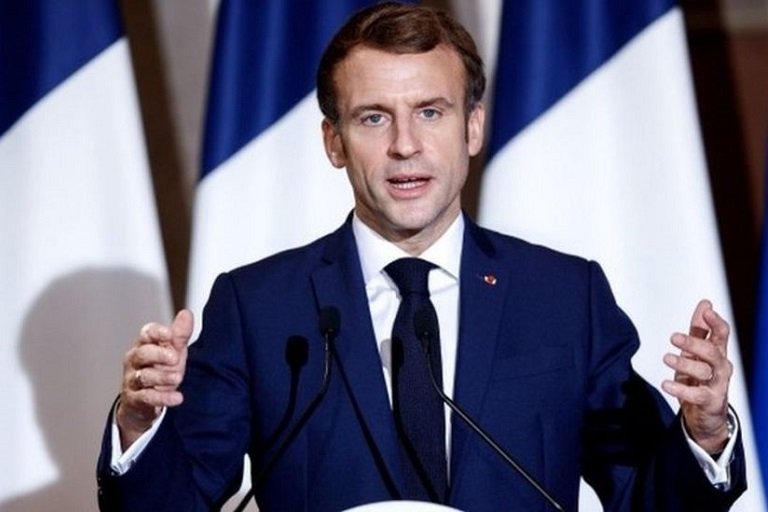France’s political crisis has deepened after Prime Minister François Bayrou and his minority government were toppled in a crushing no-confidence vote over his debt-cutting plans.
Bayrou lost heavily, with 364 lawmakers voting against him and just 194 in support. His resignation is expected on Tuesday, leaving President Emmanuel Macron under intense pressure to quickly appoint a successor — his fifth prime minister in less than two years.
At the heart of the clash was Bayrou’s proposal to slash €44 billion (£37bn) from next year’s budget in a bid to rein in France’s soaring deficit, which stands at nearly twice the EU’s 3% limit. National debt has reached 114% of GDP. Opposition parties branded the cuts unacceptable.
“This marks the end of a phantom government,” declared far-right leader Marine Le Pen, while hard-left firebrand Jean-Luc Mélenchon insisted Macron himself must now resign.
Macron faces a stark choice: appoint another centrist, reach out to conservatives, court moderates on the left, or install a technocrat. Yet none of these options guarantees a stable majority in the fractured parliament. Finance Minister Eric Lombard has already warned that any new cabinet will be forced to water down deficit-reduction plans.
The crisis comes as France battles Europe’s highest budget deficit and rising borrowing costs. Credit rating agencies Fitch, Moody’s and S&P are set to review the country’s outlook in the coming weeks, sparking fears of a downgrade.
Meanwhile, anger is spreading beyond parliament. Protesters from the “Bloquons Tout” (“Let’s Block Everything”) movement have called for nationwide demonstrations on Wednesday, with trade unions preparing strikes next week.
For many ordinary citizens, little hope remains. “Come back in 10 days and nothing will have changed,” sighed Mohamed, an 80-year-old market vendor in Paris. “There won’t be a majority, and there will be no budget.”











